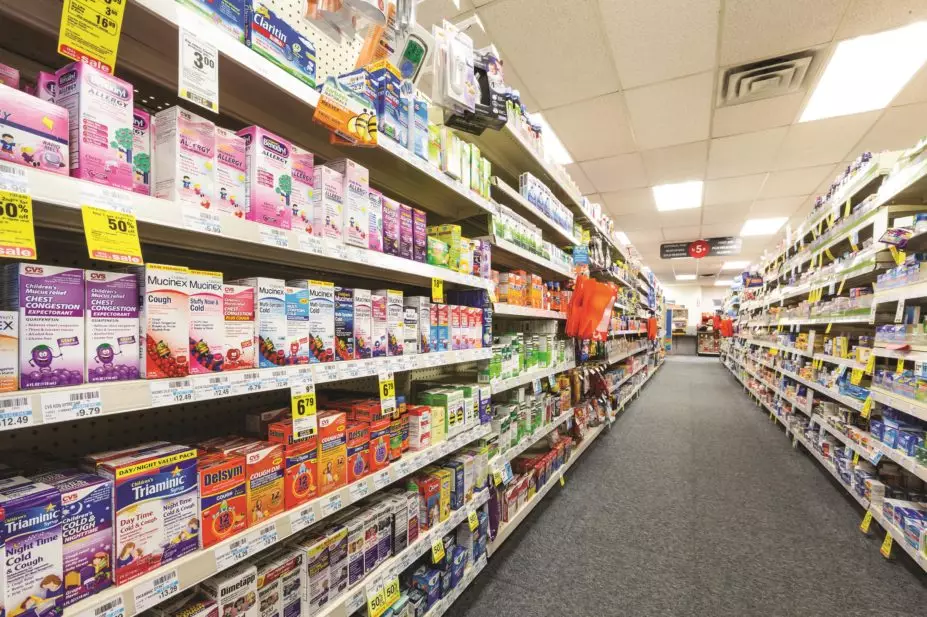
Shutterstock.com
NHS England has published its promised consultation on limiting the number of over-the-counter (OTC) products that are routinely prescribed by the NHS.
The consultation sets out a list of more than 3,000 products for 33 minor conditions, as well as probiotics, vitamins and minerals, which it says cost the NHS approximately £569m over the past year, but can be bought from pharmacies and supermarkets.
All the products are for minor self-limiting conditions, treat conditions that could be managed by self-care, or have low clinical effectiveness but high cost to the NHS.
NHS England said it would consult on reducing prescription of these OTC products after publishing national guidance in November 2017 that limited the routine prescription of another batch of products including homeopathy and antioxidants.
At the time, the Royal Pharmaceutical Society voiced “great concern” over the proposal on OTC medicines, saying it risked “exacerbating existing health inequalities and causing ill health among our most vulnerable and deprived communities, who cannot afford to pay for treatments”.
Concerns about impact
Alastair Buxton, director of NHS services at the Pharmaceutical Services Negotiating Committee (PSNC), said the NHS was “looking to community pharmacies” to help manage their health without needing to see their GP or visit hospital.
“This is right, as pharmacies offer advice and treatment at convenient locations and long opening hours, without the need for an appointment,” he said.
“But those looking to transfer the burden from GP practices and urgent care towards pharmacy must acknowledge that without proper resourcing, community pharmacy will also not be able to manage.
“As well as the impact on community pharmacies, we are particularly concerned about the impact of any changes for those on low incomes. For these families the NHS provides a vital service which, if removed, could lead to increased use of more expensive urgent care services and increased health inequalities.
“PSNC recommends that NHS England considers how national coverage of pharmacy minor ailments services, potentially restricted to people and families that are currently exempt from NHS prescription charges on income grounds, may provide benefits for both patients and the NHS, while at the same time avoiding the unintended consequences of implementing a blanket restriction on prescribing OTC medicines for some of the most vulnerable groups within society.”
The consultation closes on 14 March 2018.


